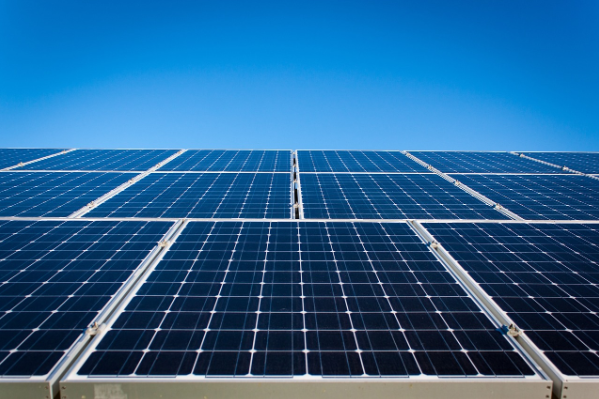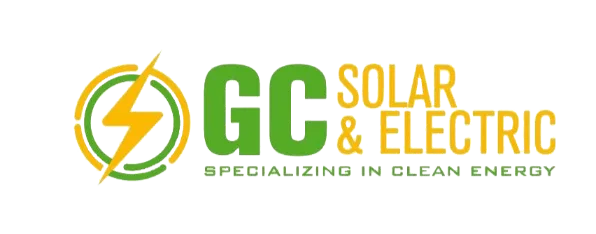

In the pursuit of sustainable and renewable energy sources, solar power has emerged as a frontrunner. Understanding how solar panels function is crucial in appreciating the impact of solar energy on our daily lives. In this detailed guide, we will unravel the mechanics behind solar panels, shedding light on the intricacies of this eco-friendly technology. Along the way, we’ll highlight the expertise of GC Solar & Electric, a professionals in harnessing solar energy for homes.
At the heart of solar power generation are solar panels, also known as photovoltaic (PV) cells. These panels are composed of semiconductor materials, often silicon, which possess the unique ability to convert sunlight into electricity.
Solar panels are designed to absorb sunlight, which consists of photons. When sunlight strikes the surface of the solar panels, the photons transfer their energy to the semiconductor material.
The absorbed energy prompts the semiconductor material to release electrons, creating an electric current. This phenomenon is known as the photovoltaic effect and is the key mechanism behind the generation of solar electricity.
The direct current (DC) generated by solar panels is then converted into alternating current (AC) by an inverter. AC is the form of electricity used in most homes and businesses.
The converted electricity can be utilized directly in the home or business where the solar panels are installed. Additionally, excess energy can be fed back into the grid or stored in batteries for later use.
GC Solar & Electric stands out for its innovative approach to solar energy solutions. Utilizing cutting-edge technology, they optimize the performance of solar panels to ensure maximum energy efficiency for homes. Their expertise extends to seamlessly integrating solar energy panels for home applications, providing homeowners with a sustainable and cost-effective energy solution.
Installing solar energy panels at home can lead to a significant reduction in electricity bills. By generating your own electricity, you rely less on conventional power sources, translating to long-term financial savings.
Homeowners adopting solar energy contribute to a cleaner environment by reducing their carbon footprint. Solar panels generate electricity without emitting harmful greenhouse gases, thus helping combat climate change.
Homes equipped with solar panels often see an increase in property value. The prospect of reduced energy costs and eco-friendly features can make a property more appealing to potential buyers.
Understanding how solar panels work demystifies the process of harnessing solar energy. As we navigate towards a sustainable future, companies like GC Solar & Electric play a pivotal role in making solar energy accessible and efficient for homes. By embracing solar energy panels for home use, individuals not only contribute to a greener planet but also enjoy the tangible benefits of clean, renewable power. The path to a solar-powered future is illuminated by the continued innovation and dedication of companies committed to sustainable energy solutions.

